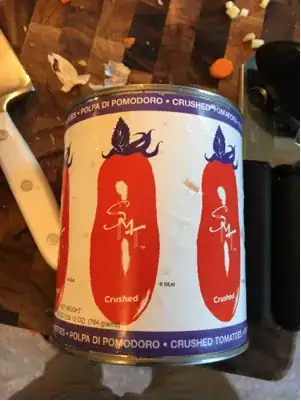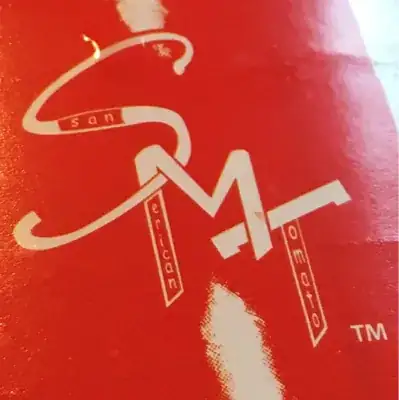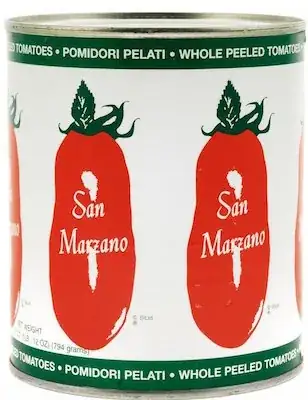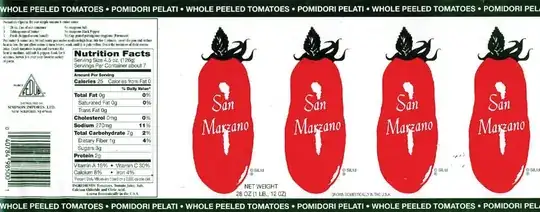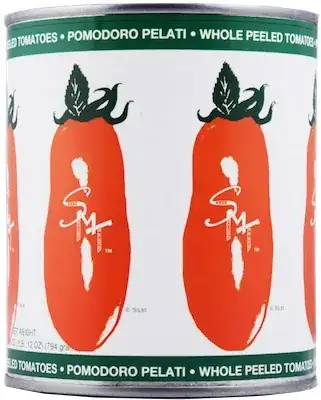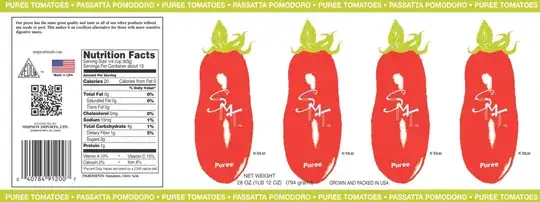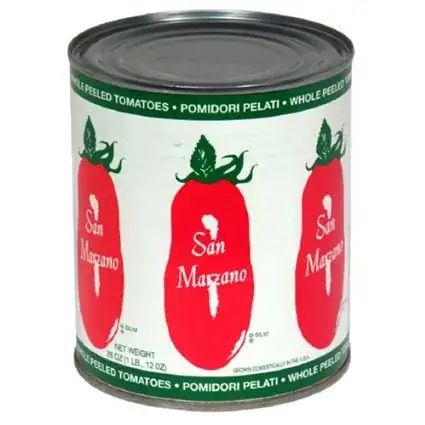I buy these tomatoes at my local grocery and always assumed they were San Marzano brand. I was waiting for my soup to simmer and was reading the label when I noticed the initials on the label actually say "San Merican Tomatoes".
Google turns up nothing for that other than the trademark of Simpson Imports, which is also listed on the back of the can, although as the distributor, not an importer.
They are labeled as "Made in the USA", and I was under the impression that San Marzanos were imported from Italy.
Are these knockoffs? Or perhaps some other distribution? The label is so similar to the traditional SM label.
